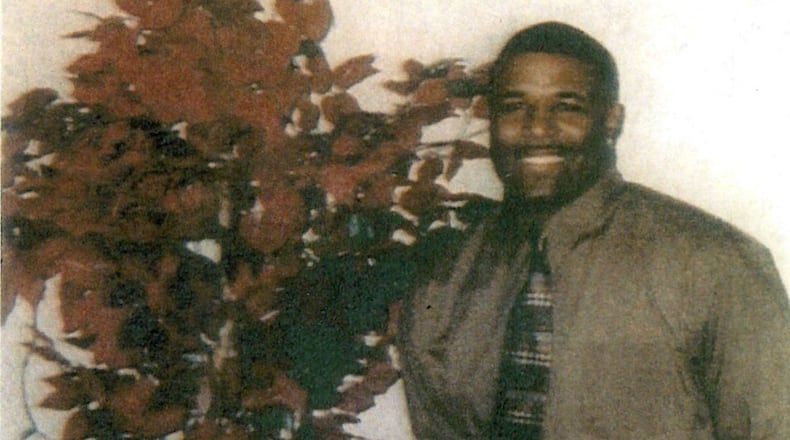A Gwinnett County man who maintains he did not kill his 2-month-old son will get a new court hearing, the Georgia Supreme Court has ruled.
After a jury convicted him of murder almost two decades ago, Danyel Smith was sentenced to life in prison for the shaken-baby killing of his son, Chandler. At trial, a Gwinnett medical examiner, citing a skull fracture, retinal hemorrhaging and wrist fractures, called Chandler’s death “classic and in some cases virtually exclusive for violent shaking.”
But in March 2021, Smith’s new lawyers filed an extraordinary motion for new trial. They cited a sworn statement by Dr. Saadi Ghatan, a pediatric neurologist from New York, who said Chandler died of natural causes, not violent shaking. Advancements in medical diagnostics not available two decades ago show that complications from the child’s premature birth and seizures contributed to his death, Ghatan said.
Even with that compelling new evidence, the Gwinnett District Attorney’s Office opposed Smith’s motion for a hearing on his request for a new trial. Then Superior Court Judge Ronnie Batchelor dismissed the case without holding a hearing to consider the new testimony. He signed an order prepared by the DA’s office that said Smith had failed to show that his motion was based on new evidence.
That was wrong, the state’s highest court said in a unanimous ruling issued Tuesday.
“Because Smith’s extraordinary motion alleged facts that, if proven, may warrant relief, the trial court was not authorized to deny the motion without a hearing,” Justice Nels Peterson wrote. “Of course, expert opinion testimony is ‘evidence,’” Peterson added, referring to Ghatan’s affidavit and expected testimony.
“Nothing in our case law categorically excludes expert opinion evidence from serving as the basis for an extraordinary motion for new trial premised on newly discovered evidence,” Peterson added.
Georgia law also requires any new evidence to be “relating to new and material facts,” Peterson said. “We will leave that determination for the trial court to make.”
“We are grateful that the Supreme Court unanimously agreed that Mr. Smith is entitled to a hearing to present the new evidence of his innocence,” said Smith’s attorney, Mark Loudon-Brown from the Southern Center for Human Rights. “We have provided the Gwinnett County District Attorney with new medical evidence demonstrating that Mr. Smith is innocent and again call upon her to vacate his conviction.”
The DA’s office did not immediately respond to a message seeking comment on the decision.
About the Author
The Latest
Featured



